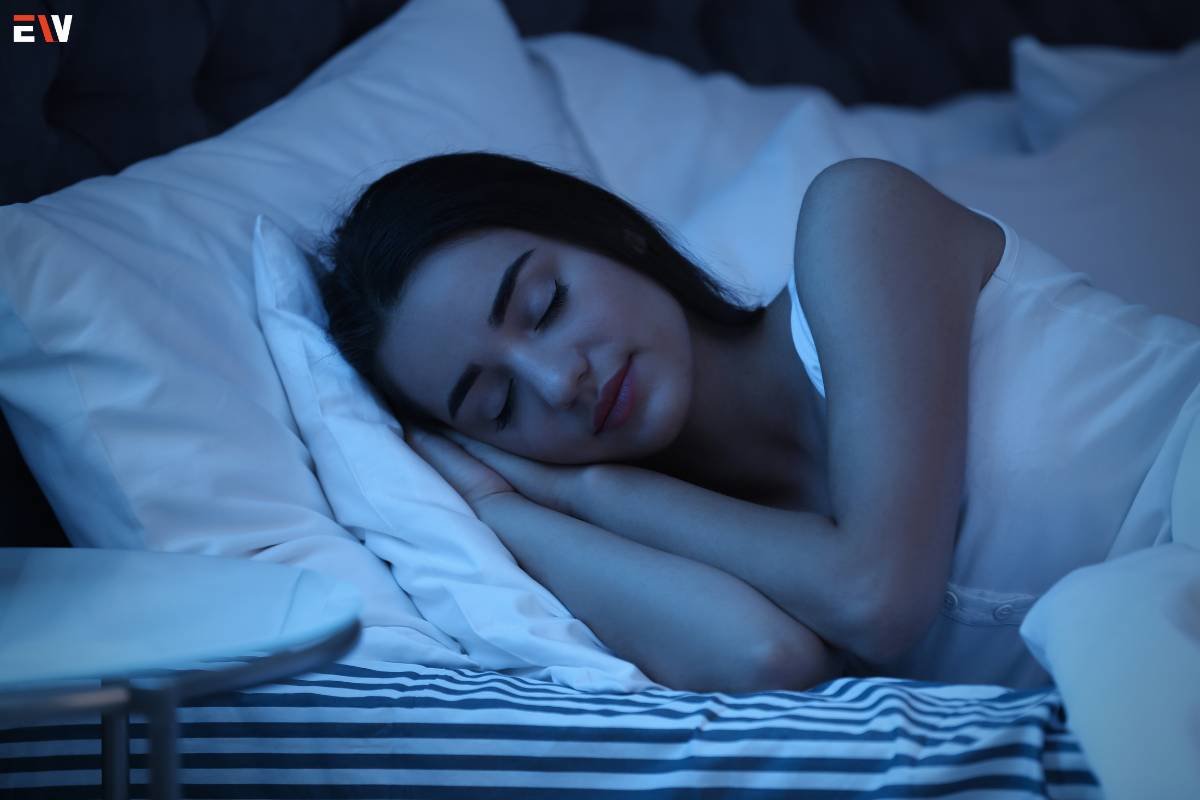In the hustle and bustle of our modern lives, the importance of a good night’s sleep cannot be overstated. Sleep is a fundamental aspect of our overall well-being, influencing our physical health, mental clarity, and emotional resilience. To achieve optimal sleep, one must prioritize sleep hygiene, a set of practices and habits that promote quality and restful sleep. In this article, we will delve into the key sleep hygiene tips to help you unlock the rejuvenating power of a good night’s sleep.
10 Sleep Hygiene Tips You Should Follow
1. Establish a Consistent Sleep Schedule
The body has a natural circadian rhythm, a 24-hour internal clock that regulates the sleep-wake cycle. Irregular sleep patterns can disrupt this rhythm, leading to difficulties falling asleep and staying asleep. To enhance your sleep hygiene, establish a consistent sleep schedule by going to bed and waking up at the same time every day, even on weekends. This helps regulate your body’s internal clock, making it easier to fall asleep and wake up naturally.
2. Create a Relaxing Bedtime Routine
Creating a bedtime routine is one of the underrated sleep hygiene tips that signals to your body that it’s time to wind down and prepare for sleep. Engage in calming activities such as reading a book, practicing gentle yoga, or taking a warm bath. Avoid stimulating activities like watching intense TV shows or using electronic devices with blue light, as these can interfere with the production of the sleep hormone melatonin.
3. Optimize Your Sleep Environment
Transform your bedroom into a sleep haven by paying attention to its environment. Keep the room cool, dark, and quiet. Invest in comfortable bedding and a supportive mattress and pillows. Remove electronic devices that emit light, as they can disrupt your sleep. Consider blackout curtains to block out external light and use white noise machines to mask disruptive sounds.
4. Mind Your Diet and Hydration

What you eat and drink can significantly impact your sleep. Avoid heavy meals, caffeine, and alcohol close to bedtime. These substances can disrupt your sleep cycle and lead to restless nights. Instead, opt for a light snack if you’re hungry and stay hydrated throughout the day. However, limit your fluid intake in the evening to prevent disruptive trips to the bathroom during the night.
5. Stay Active, but Time Your Exercise
Regular physical activity promotes better sleep, but the timing of your workouts matters. Exercising too close to bedtime can have a stimulating effect, making it harder to fall asleep. Aim for moderate-intensity exercise earlier in the day. Activities like walking, jogging, or yoga can contribute to overall well-being and improve sleep quality.
6. Limit Screen Time Before Bed
The blue light emitted by smartphones, tablets, and computers can suppress melatonin production, making it difficult to fall asleep. One of the crucial sleep hygiene tips in such scenarios is to limit screen time at least an hour before bedtime. Consider using “night mode” settings on your devices to reduce the impact of blue light. Instead of scrolling through your phone, engage in relaxing activities to prepare your mind for a restful night.
7. Manage Stress and Anxiety

Persistent stress and anxiety can wreak havoc on your sleep quality. Incorporate stress management techniques into your daily routine, such as deep breathing exercises, meditation, or mindfulness practices. These activities can help calm your mind, making it easier to transition into a restful state before bedtime.
8. Be Mindful of Naps
While short naps can provide a quick energy boost, long or irregular napping during the day can interfere with your nighttime sleep. If you need to nap, aim for a short power nap of 20-30 minutes in the early afternoon to avoid disrupting your sleep-wake cycle.
9. Avoid Stimulants Before Bed
Caffeine and nicotine are stimulants that can interfere with your ability to fall asleep. Limit your intake of caffeinated beverages in the afternoon and evening, and avoid nicotine altogether. Choosing decaffeinated options or soothing herbal teas can be a better choice for winding down before bedtime.
10. Seek Professional Help if Needed

If you consistently struggle with sleep despite adopting these sleep hygiene tips, it’s essential to consult with a healthcare professional. There could be underlying issues such as sleep disorders or medical conditions that require specialized attention. A sleep specialist can help identify and address these issues, providing tailored solutions for improved sleep quality.
Conclusion
In a world that often values productivity over rest, it’s crucial to recognize the significance of prioritizing quality sleep. By incorporating these sleep hygiene tips into your daily routine, you can create a conducive environment for restful sleep and experience the countless benefits it brings to your physical and mental well-being. Remember, the path to a better night’s sleep begins with conscious choices and a commitment to nurturing your body and mind through healthy sleep hygiene practices. Sweet dreams await those who prioritize the art of restful slumber.










